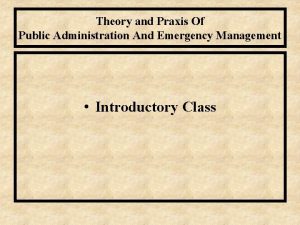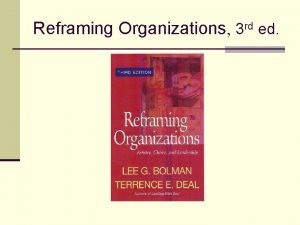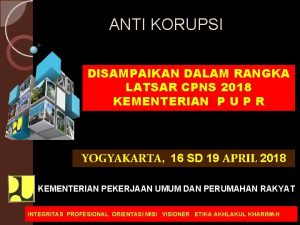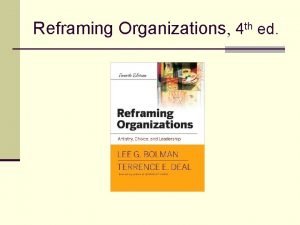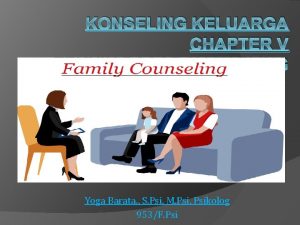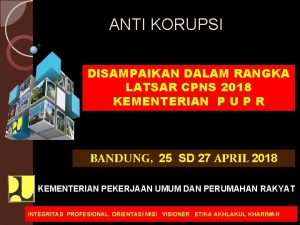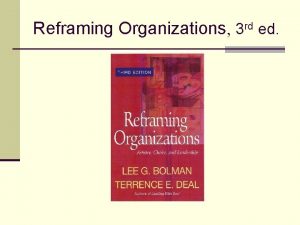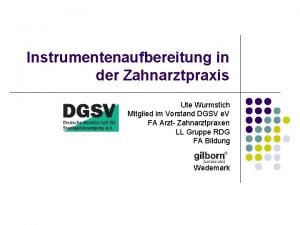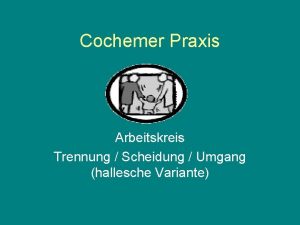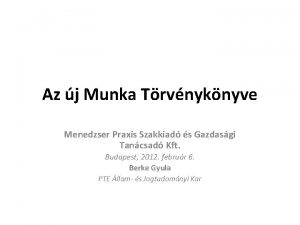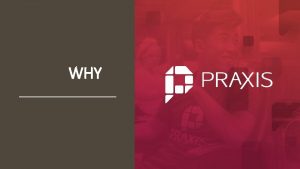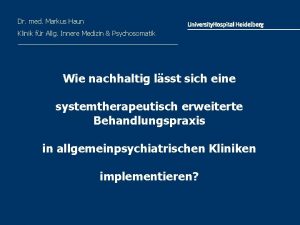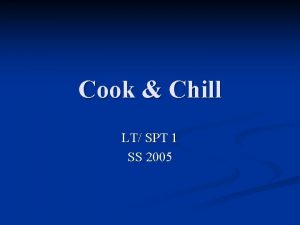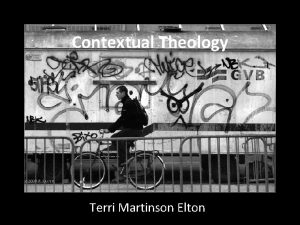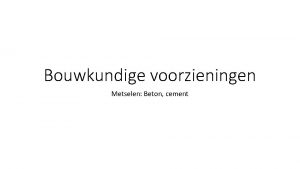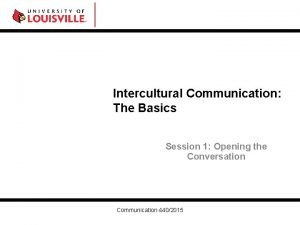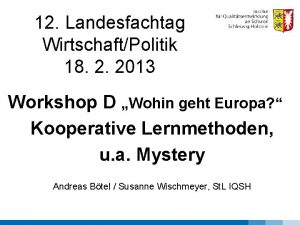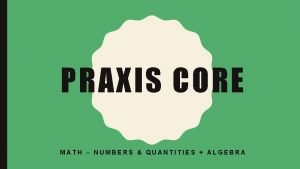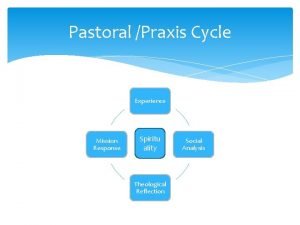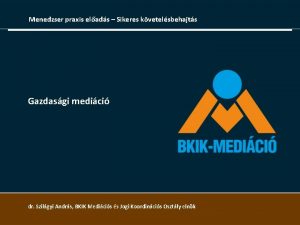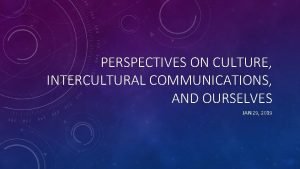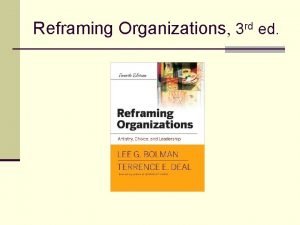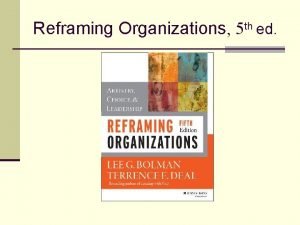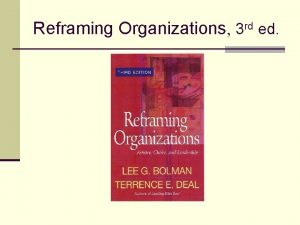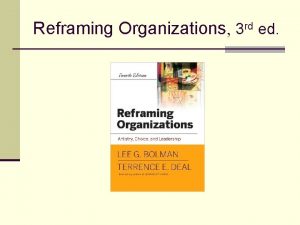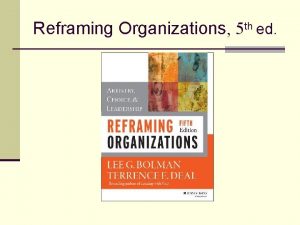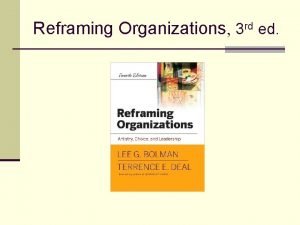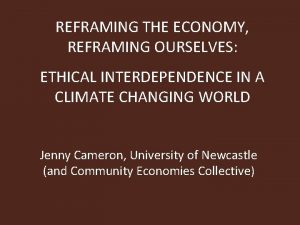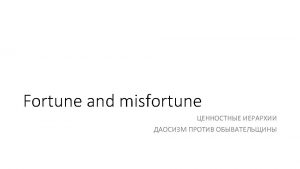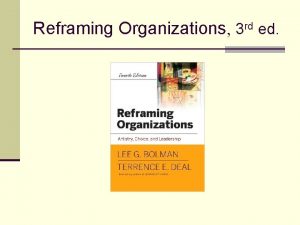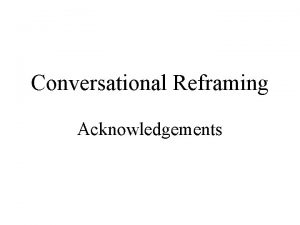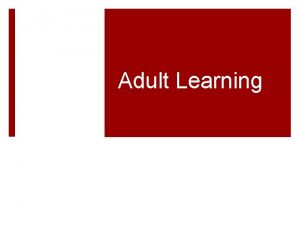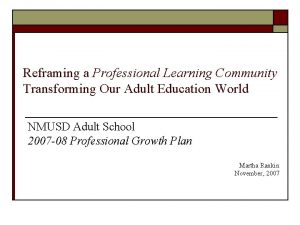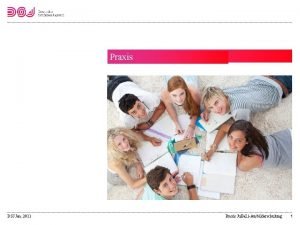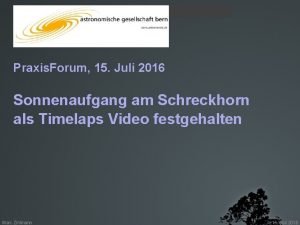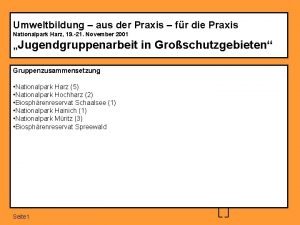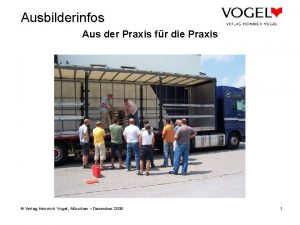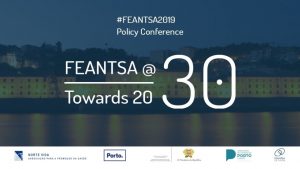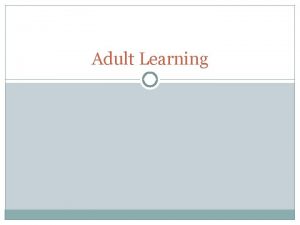From Theory to Praxis Reframing Adult Learning Theory











![Adult Learning Theories in Use Initial Skepticism “All the modelsof[about] self“Theofcomplexity backgrounds directed learning Adult Learning Theories in Use Initial Skepticism “All the modelsof[about] self“Theofcomplexity backgrounds directed learning](https://slidetodoc.com/presentation_image_h2/e9a8ea0a4b0eb3dcc7eab73dbf369aee/image-12.jpg)










- Slides: 22


From Theory to Praxis Reframing Adult Learning Theory Though Professional Development Melinda Malik Loex 2016

Purpose & Method

https: //www. youtube. com/watch? v=R 86 O 6 d 3 d 18 w

Research Questions


Theoretical Framework

Transformational Experience Discourse Reflection Action Jack Mezirow Psychoctritical / Social constructivist Disorienting dilemma Learning is how adults make sense of their experience in order to guide future action. Habits of mind Points of view

Narrative Marsha Rossiter & M. Carolyn Clark Storying the curriculum Storytelling Autobiography

WHY? Andragogy Malcolm Knowles Andragogy – The art and science of how adults learn. Pedagogy – The art and science of how children learn. PROBLEMCENTERED EXPERIENC E INTERNAL MOTIVATION SELFDIRECTED SOCIAL

Findings
![Adult Learning Theories in Use Initial Skepticism All the modelsofabout selfTheofcomplexity backgrounds directed learning Adult Learning Theories in Use Initial Skepticism “All the modelsof[about] self“Theofcomplexity backgrounds directed learning](https://slidetodoc.com/presentation_image_h2/e9a8ea0a4b0eb3dcc7eab73dbf369aee/image-12.jpg)
Adult Learning Theories in Use Initial Skepticism “All the modelsof[about] self“Theofcomplexity backgrounds directed learning were developed that go into making adult learners pre-widespread use of the Internet. goes deeper than their identity as Ian wonder technology has adult. how While some of the changed our ways of theories attempted toachieving address the self-directed learning. ” other facets of life…few of these theories convinced me that there is anything unique about the group designated as ‘adult’. ”

Adult Learning Theories in Use Identify with the Theories “Once we read and discussed the articles on applying the adult learning ideas, I could see that many of the activities we were already doing were the exact same things mentioned in the articles. The adult learning ideas were not something FAR OUT THERE that we didn’t know about and were not already applying to our teaching repertoire. ”

Adult Learning Theories in Use Student-centered “I“Now see that myself a facilitator, I haveas more of an coach, and mentor I try to create understanding of theseas theories, I find myself trying to be more attuned to authentic learning opportunities in student behavior, so that I could amend my reference and instruction the content and style of my teaching. In work. ” the case of some advanced students I worked with this semester, I allowed them to dictate the direction and flow of the class based on their own involvement and interest in the subjects covered. Since these students were more engaged and understood the implications of what they were learning, they were making connections and discovering ideas on their own, that I would normally have to present and explain to other classes. ”

Adult Learning Theories in Use Transformation in Information Literacy “Transformational learning and growth can be uncomfortable, difficult, and scary! Could there be situations when we’re creating positive, comfortable environments that are stunting authentic learning? Do we place blame on faculty and others who may be putting students in this disoriented dilemma with unclear assignments and activities? Are we too concerned about making students happy (emotions) and not enough about authentic transformational learning? ”

Learning Theory Applied to All Adults on Campus Intentional Teaching “The majority of the students that I teach are in the first year of college so they are used to having pedagogical techniques applied to their learning. They are transitioning to being ready for higher forms of learning and taking charge of their own learning and mastery of skills. I can apply more of the andragogical techniques to my more advanced classes or when working with graduate students. ”

Learning Theory Applied to All Adults on Campus Faculty Collaboration “The first class was quiet and didn’t seem very engaged in the lesson. The second class was really engaged and got right to work finding articles and asking questions…I discussed the two session[s] with the teacher later and found out that in the first session, the majority of the students were taking the class earlier in the sequence. The second class was full of seniors…Looking back on that experience and others really highlights the developmental changes seen in students over the course of their 4 -5 years of undergraduate education. ”

Implications for Practice

Implications for Practice Now what?


References Gilstrap, D. L. (2013). Why do we teach? Adult learning theory in professional standards as a basis for curriculum development. College & Research Libraries, 75(5), 501 -518. Hess, A. N. (2015). Equipping academic librarians to integrate the Framework into instructional practices: A theoretical application. Journal of Academic Librarianship, 41, 771 -776. Malik, M. (2016). Assessment of a professional development program on adult learning theory. portal: Libraries and the Academy, 16(1), 47 -70. Merriam, S. B. , Caffarella, R. S. , & Baumgartner, L. M. (2007). Learning in adulthood: A comprehensive guide (3 rd ed. ). San Francisco: Jossey-Bass. Rossiter, M. , & Clark M. C. (2007). Narrative and the practice of adult education. Malabar, FL: Krieger Pub. Rossiter, M. , & Clark, M. C. (Eds. ). (2010). Narrative perspectives on adult education. San Francisco: Jossey-Bass.

Questions?
 Administrative theory and praxis
Administrative theory and praxis Reframing organizational culture
Reframing organizational culture Peran tunas integritas wow effect
Peran tunas integritas wow effect Reframing organizations (doc or html) file
Reframing organizations (doc or html) file Teknik dasar konseling
Teknik dasar konseling Peran tunas integritas wow effect
Peran tunas integritas wow effect Nlp reframe
Nlp reframe Reframing organizations chapter 3 summary
Reframing organizations chapter 3 summary Instrumentenaufbereitung praxis
Instrumentenaufbereitung praxis Praxis am bergweg
Praxis am bergweg Cochemer praxis
Cochemer praxis Menedzser praxis
Menedzser praxis What is praxis
What is praxis Markus haun
Markus haun Garverfahren kochen definition
Garverfahren kochen definition Praxis model of contextual theology
Praxis model of contextual theology Cement sneller laten drogen
Cement sneller laten drogen Culture as a resource
Culture as a resource Praxis geographie extra lösungen
Praxis geographie extra lösungen Number and quantity praxis problems
Number and quantity praxis problems Cycle of social praxis
Cycle of social praxis Menedzser praxis
Menedzser praxis Intercultural praxis definition
Intercultural praxis definition
